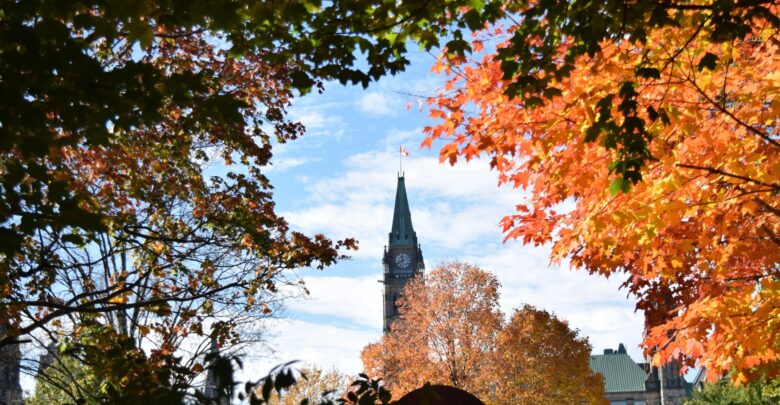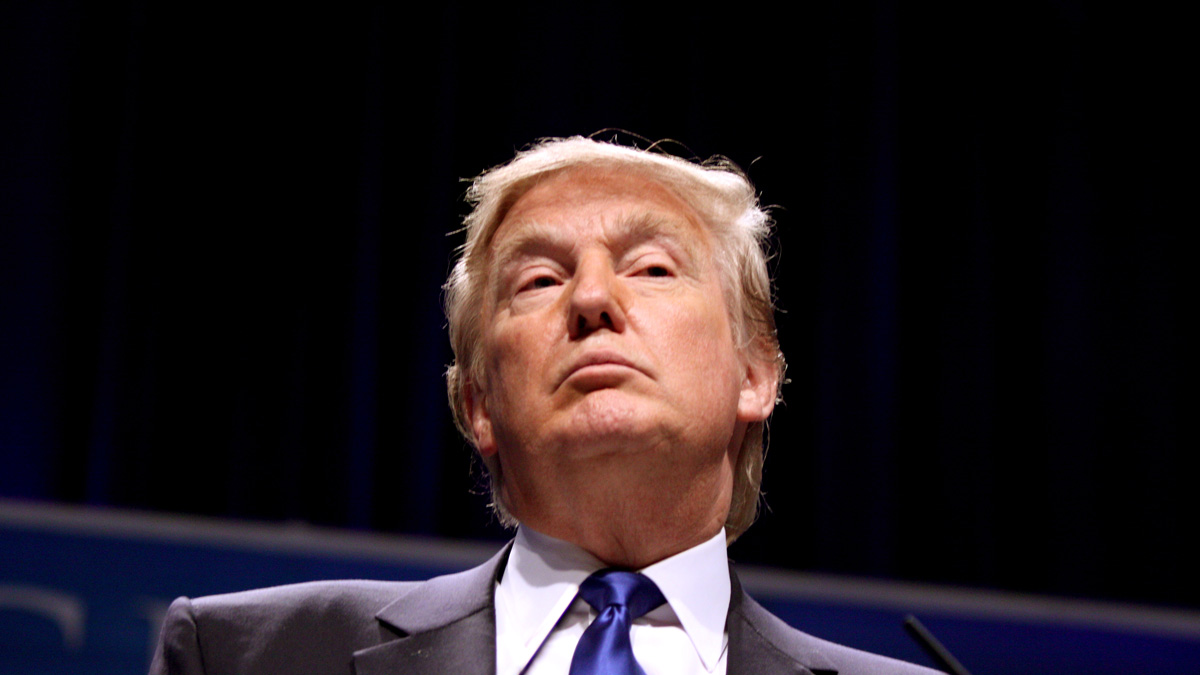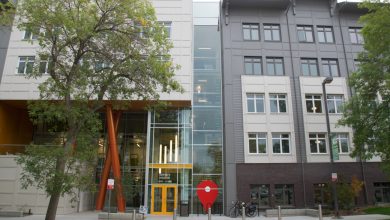 Kishore Uthamaraj
Kishore UthamarajAs Canadians anxiously await an election, it’s starting to feel like the only thing more permanent than our winter is the political instability in our federal government. With the Liberal–New Democratic Party (NDP) supply-and-confidence agreement coming to an end, Canada’s political landscape is charged with tension. Many Canadians are bracing themselves for a federal election that seems inevitable.
After years of political manoeuvring and rising frustrations over issues like inflation, housing, and health care, calling an election seems like the logical way to address the dysfunction in Ottawa. However, despite the rising pressure and the need for it, an election is far from guaranteed.
While Canadians need an election, political alliances and individual party agendas — particularly between the Liberals, NDP, and Bloc Québécois — are likely to prevent it. The official opposition, the Conservative Party, may be eager to trigger a non-confidence vote. But the other parties have more to gain by keeping Canada in political limbo for the foreseeable future.
There are compelling reasons for an election. The end of the Liberal-NDP agreement has thrown the House of Commons (HoC) into dysfunction. Because the Liberals hold a minority government, they rely on agreements with other parties to bring stability and to pass meaningful legislation. Key bills on health-care reform, climate action, and economic recovery all require support from another party to pass. Without an official agreement, it becomes much harder for the government to address the country’s most urgent issues. A political deadlock would be incredibly harmful to Canada, and a fresh election would prevent that.
Another reason for an election is accountability. Voters should have the chance to weigh in on critical issues, especially after years of back-door deals and compromises of party ideals. Moreover, the Canadian public is growing increasingly frustrated with the current political climate. Many are disillusioned with the status quo. An election would allow voters to express their dissatisfaction and choose a direction for the country that reflects their priorities. The inaction in Ottawa is fueling public discontent, and an election could serve as a reset.
Despite calls for an election and the Conservative’s clear position of non-confidence, an election is still unlikely. One of the primary obstacles is the strategic interests of the NDP. Ideologically, the NDP is more aligned with the Liberals than with the Conservatives. Especially when it comes to issues like health care, pharmacare, and social justice. The agreement with the Liberals allowed the NDP to influence government policy without holding many seats. They have successfully pushed their progressive legislation by working alongside the Liberals without the responsibility of governing. Even though the agreement is officially over, forcing an election would jeopardize the NDP’s remaining influence.
The NDP has no incentive to trigger a vote that could reduce their seat count and their leverage. For them, the status quo is advantageous. An election could easily shift the balance of power to the Conservatives, who would be far less receptive to the NDP’s priorities. Why risk losing influence when they can continue to pull the strings from behind the scenes?
The Bloc Québécois also has little interest in seeing an election happen. As a party focused on Québec’s specific interests, the Bloc benefits from the current arrangement. With a minority government in place, the Bloc holds considerable sway, ensuring that Québec’s concerns remain front and centre. An election could upset this balance, potentially bringing a government to power that is less dependent on Bloc support. As long as the party remains influential under the current system, there’s little reason for the Bloc to push for an election.
Even the Liberals themselves are unlikely to want an election right now. With growing voter dissatisfaction and Conservative gains in the polls, calling an election could result in significant losses for Prime Minister Justin Trudeau’s government. For the Liberals, the safest bet is to stay in power through informal alliances and political manoeuvring rather than risking an election. Both the Liberals and the NDP recognize that their best chance to remain influential lies in avoiding the uncertainty of a new vote.
In the end, the dysfunction in Ottawa may seem like a clear sign that an election is needed. However, politicians are putting self-preservation before Canadians needs and will likely prevent an election from happening any time soon. The NDP, Bloc Québécois, and even the Liberals themselves are all working to maintain the status quo, despite growing public frustration. Canada is stuck in a political holding pattern with no clear way out. For now, voters will have to wait for their chance to have a say in the country’s future. The Bloc and NDP simply have too much to lose to break the political alliances keeping the minority government afloat.




